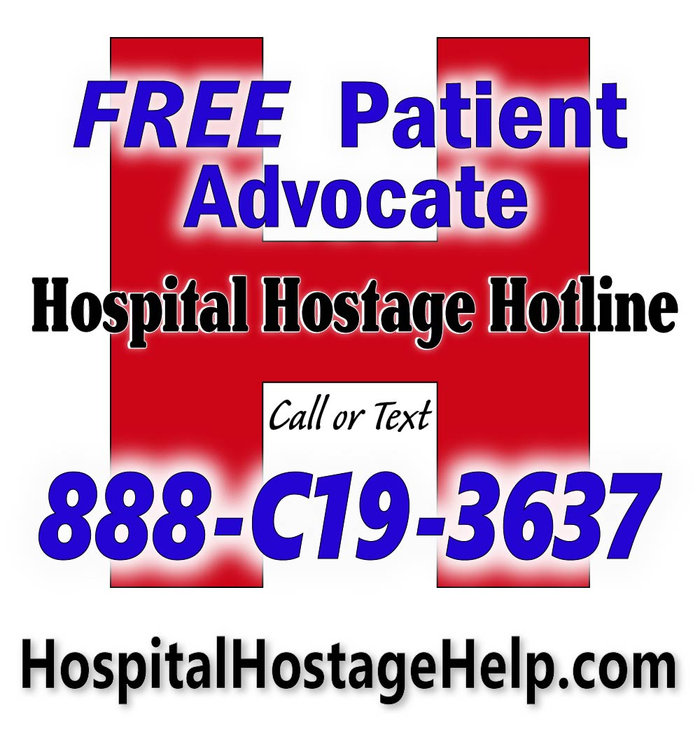The political jockeying over the bi-partisan APRN (Advanced Practice Registered Nurse) Modernization Act, which has just been reintroduced to the state legislature after Tony Evers vetoed it last year, is about to begin. Evers vetoed the bill after heavy lobbying from physician groups, the only groups to oppose the legislation. Those who supported the legislation included businesses, insurers, counties, tribal nations, and many others who are concerned about Wisconsinite’s access to high-quality, cost-effective health care.
When vetoing last year’s bill, Evers said he was opposed to allowing advanced practice nurse practices that are “functionally equivalent to those of physicians or potentially omitting physicians from a patient’s care altogether.” His statement reflects inexcusable ignorance on this matter or blatant dishonesty.
A brief introduction to APRN practice and the need for the modernization act:
APRN’s include clinical nurse specialists, nurse practitioners, nurse anesthetists and certified nurse midwives. These nurses have master’s degrees or higher and significant clinical experience in a specialized area of practice. They are licensed registered nurses in Wisconsin and, since 1995, may meet eligibility for “prescriptive authority,” which allows them to prescribe medications appropriate to their practice specialty. Nurse practitioners are often providers of primary care in the community and clinical nurse specialists often provide care within hospitals.
The role of APRNs has grown significantly over recent decades and there is movement across the country to ensure that they have full practice authority to help address the many health care needs of Americans. 27 states have already passed legislation for full practice authority. Decades of research consistently confirm that APRNs produce excellent clinical outcomes and high patient satisfaction.
There are specific problems with current law that the Modernization Act will address. APRNs are licensed the same as all other RNs and their role, scope of practice and responsibilities are inadequately defined. They are currently required to have a written collaborative agreement with a physician to utilize their prescriptive authority, which creates an artificial barrier to practice. Nursing practice is not medical practice, though there are areas of overlap, as there are within all health professions. A physician charging a high fee to “collaborate,” or refusing to collaborate at all, can prevent a qualified APRN from practicing. The days of physicians controlling every aspect of health care are long gone. Their scope of practice is limited to medicine and comprehensive health care is much more than medical care. Patient needs must dictate which health professional is best qualified to assist them in each situation– physician, nurse, pharmacist, physical/occupational/speech therapist, or dietitian, as examples.
The APRN Modernization Act will create a separate license for APRNs that will clearly define their scope of practice, role, and responsibilities. APRNs will have prescriptive authority. An APRN who has 3840 hours of practice (nearly 2 years) under the supervision of a physician, will be licensed to practice independently. (In my opinion, this requirement should be expanded to include practice under the supervision of an APRN who is licensed to practice independently as an alternative to physician oversight). The bill sets a high standard for patient safety with Board of Nursing oversight, while eliminating barriers to practice that provide no value.
Tony Evers has shown himself to be very receptive to physician lobbying and has included his own proposals related to APRN practice in his 2023-2025 budget. He supports “title protection” for physicians, an issue that is important to physician anesthesiologists. They do not want nurse anesthesia providers to be allowed to use the title “nurse anesthesiologist.” They say it may mislead the public, though that is hard to imagine with the clear inclusion of “nurse” in the title. Evers has also proposed 3,840 clinical hours for nurse practitioners in addition to the 3,840 hours of physician supervised practice to qualify for independent practice. Another needless barrier imposed by someone who knows nothing about clinical practice but listens to the special interests whispering in his ear.
While Evers claims his interest in APRN practice is patient safety, it is noteworthy that he suspended artificial barriers to their independent practice during the COVID pandemic, and they remain suspended today.
There is a good reason nurses are selected by the public as the most trusted profession year after year. APRNs are highly skilled and have a great deal to contribute to the growing health care needs of Americans. Like all responsible practitioners, they understand their scope of practice and make appropriate referrals to other professionals when a patient’s condition warrants. Independent advanced nursing practice is about access and quality. Opposition to it is about money and power.
If you would like to learn more or contact your legislator in support of the APRN Modernization Act, go to www.wisconsinnurses.org/aprn-modernization-act-3/.


